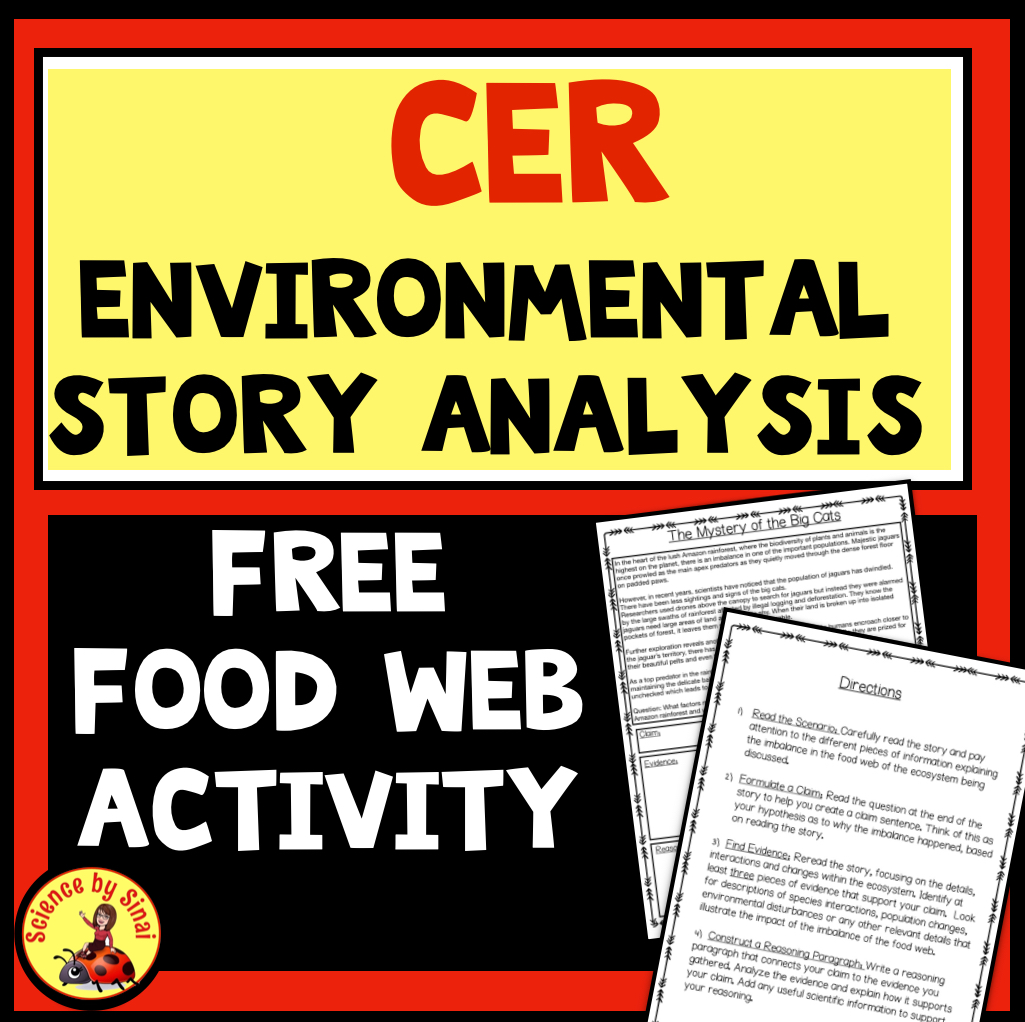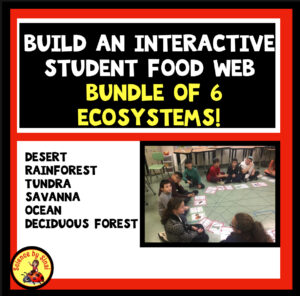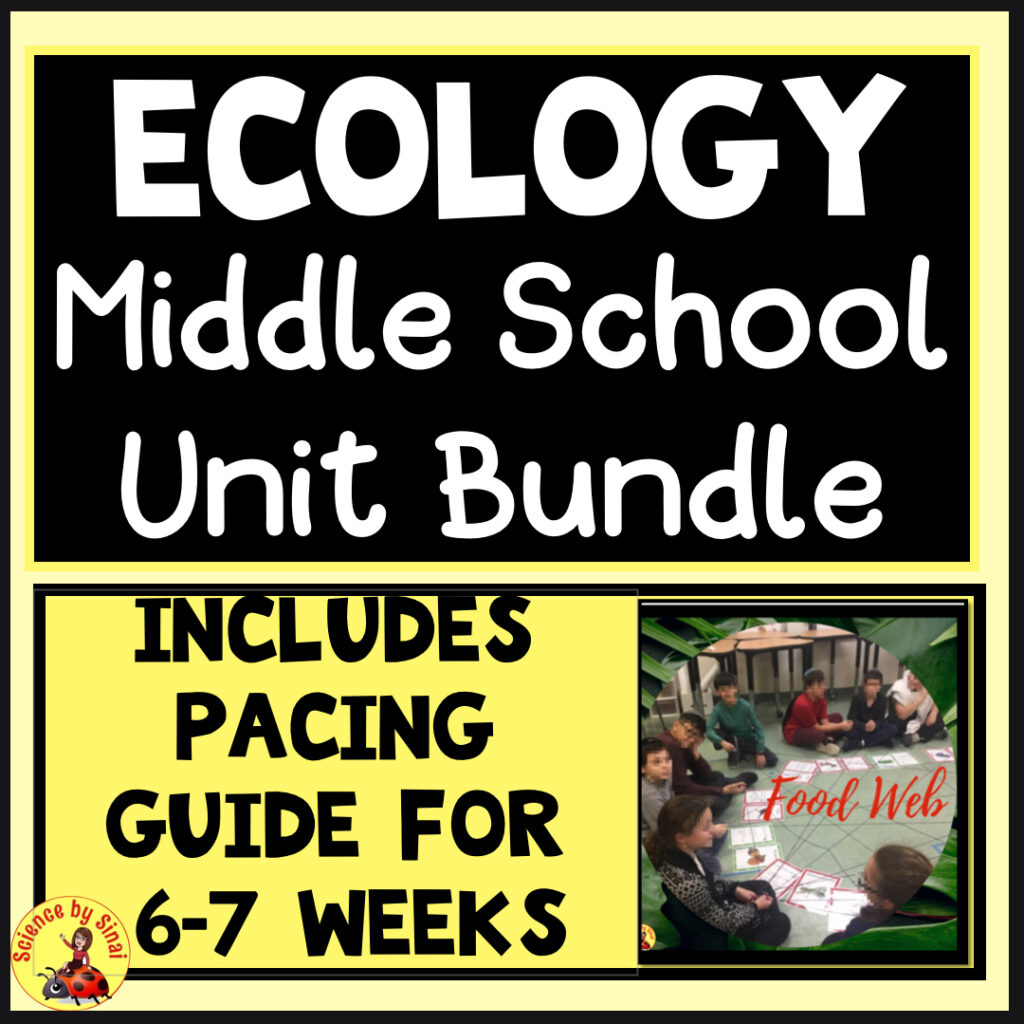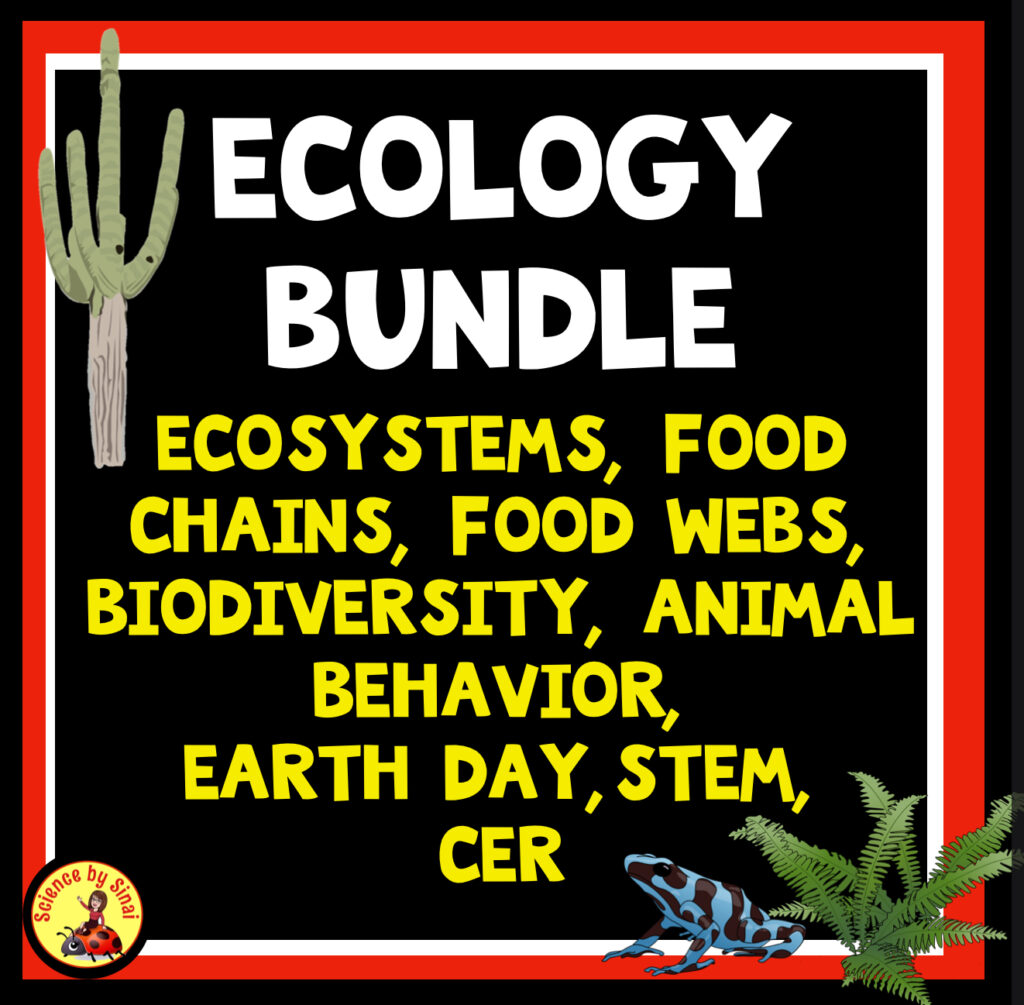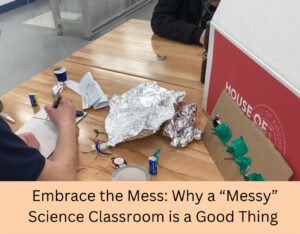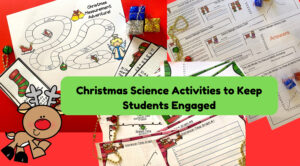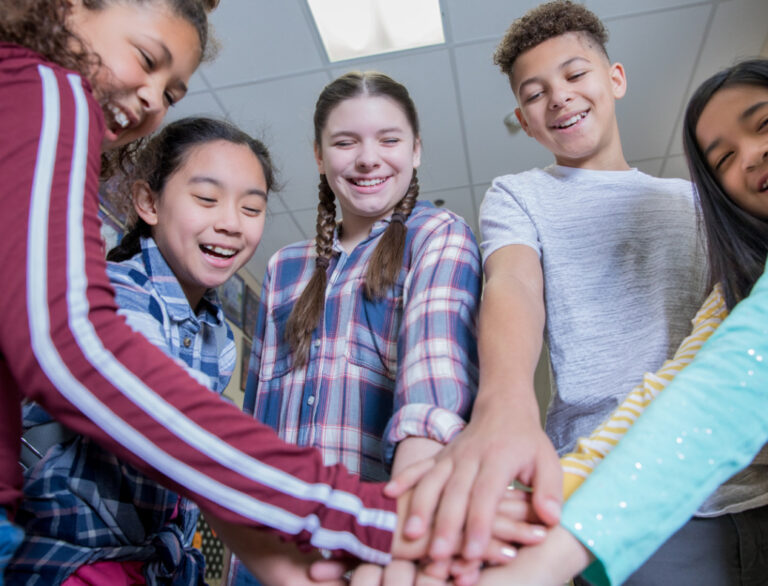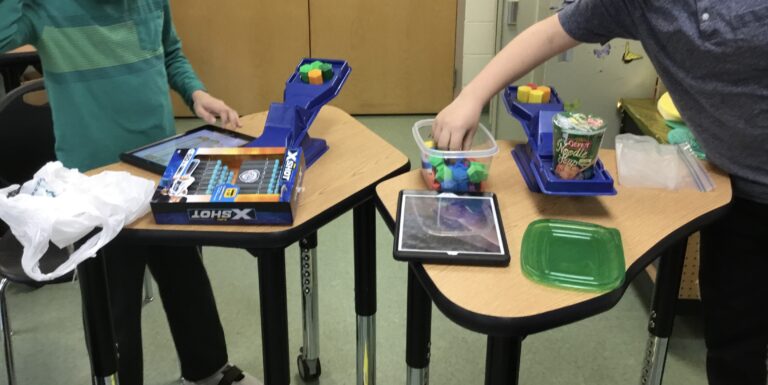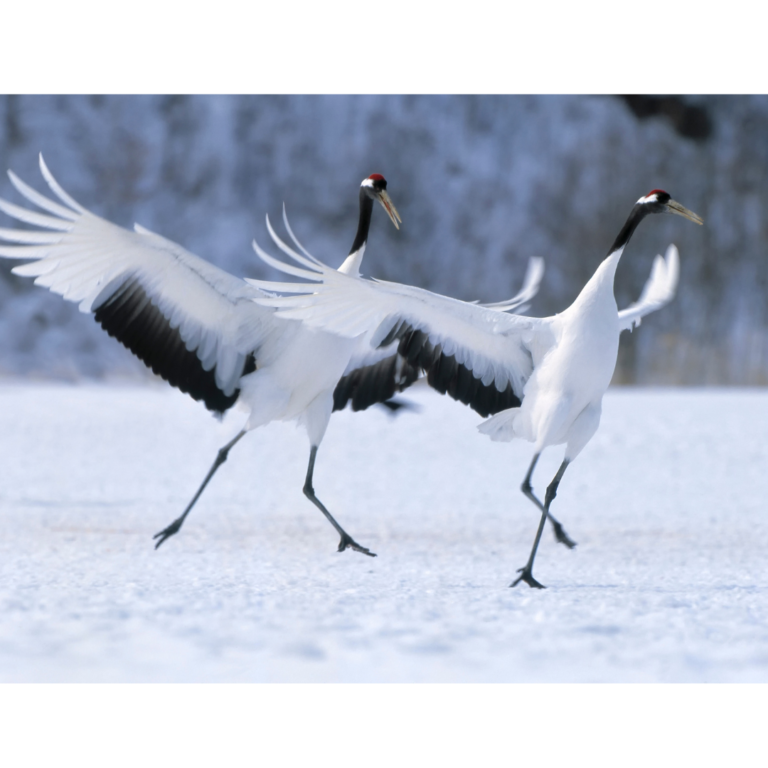Build an Interactive Student Food Web!
Are you looking for a fun way to teach food webs that is guaranteed to be engaging?
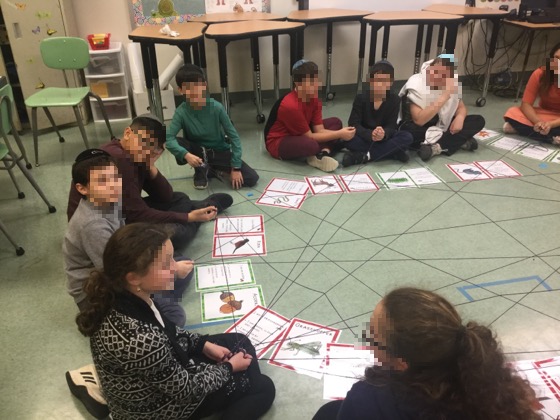
Build an Interactive Student Food Web!
Updated November 3, 2023
Grab some scissors, some yarn, and some plant and animal food chain pages, from your chosen ecosystem, and turn your class into a giant, interactive student food web!
Prepare to Build Your Web
Each of the ecosystems, such as the African Savanna, Deciduous Forest, Rainforest, Desert, Ocean, Tundra, have plant and animal images on pages to print. Each of the animal pages lists organisms that it eats and, if it’s not a top predator, animals that eat it. The plant pages list who eats it and mentions that it is a producer that makes its own food. For best results, print out the pages and laminate them.
Setting Up Your Food Web
Seat your students in a circle on the floor or in a circle of chairs. Evenly distribute the plant and animal pages throughout the students of the circle. Most of my sets are around 18 images. If your class is larger than eighteen, I recommend printing out some of the smaller creatures such as mice or rabbits. These animals reproduce quickly and many other animals eat them. You can also copy extra plant pages to distribute around the circle, which actually makes it easier when setting up the yarn.
Seat your students in a circle on the floor or in a circle of chairs. Evenly distribute the plant and animal pages throughout the students of the circle. Most of my sets are around 18 images. If your class is larger than eighteen, I recommend printing out some of the smaller creatures such as mice or rabbits. These animals reproduce quickly and many other animals eat them. You can also copy extra plant pages to distribute around the circle, which actually makes it easier when setting up the yarn.
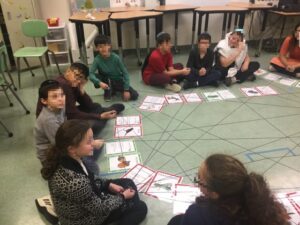
Tell the students that when they get yarn handed to them, they must wrap it around their finger tightly so that they don’t drop it. Some students, particularly those with prey animals pages, end up with many strings to hold! This adds to the fun, but they need to be careful not to drop them.
Choose one child to be your helper, who is not in the circle. You have big plans for that student later so don’t worry if he/ she is not involved!
Hand one end of a piece of yarn to the first seated student to wrap on their finger and then have them read who they are attached to from their page. You will walk around the outside of the circle and hand the other end of the yarn to the connecting animal or plant.
Hint: I keep the ball of yarn or string INTACT and hand the end of the yarn to one student. I walk around the circle to the connecting student and THEN cut the yarn.
If time is short, or you have many students, I would only do one or two connections from each page, rather than doing everything that each animal eats.
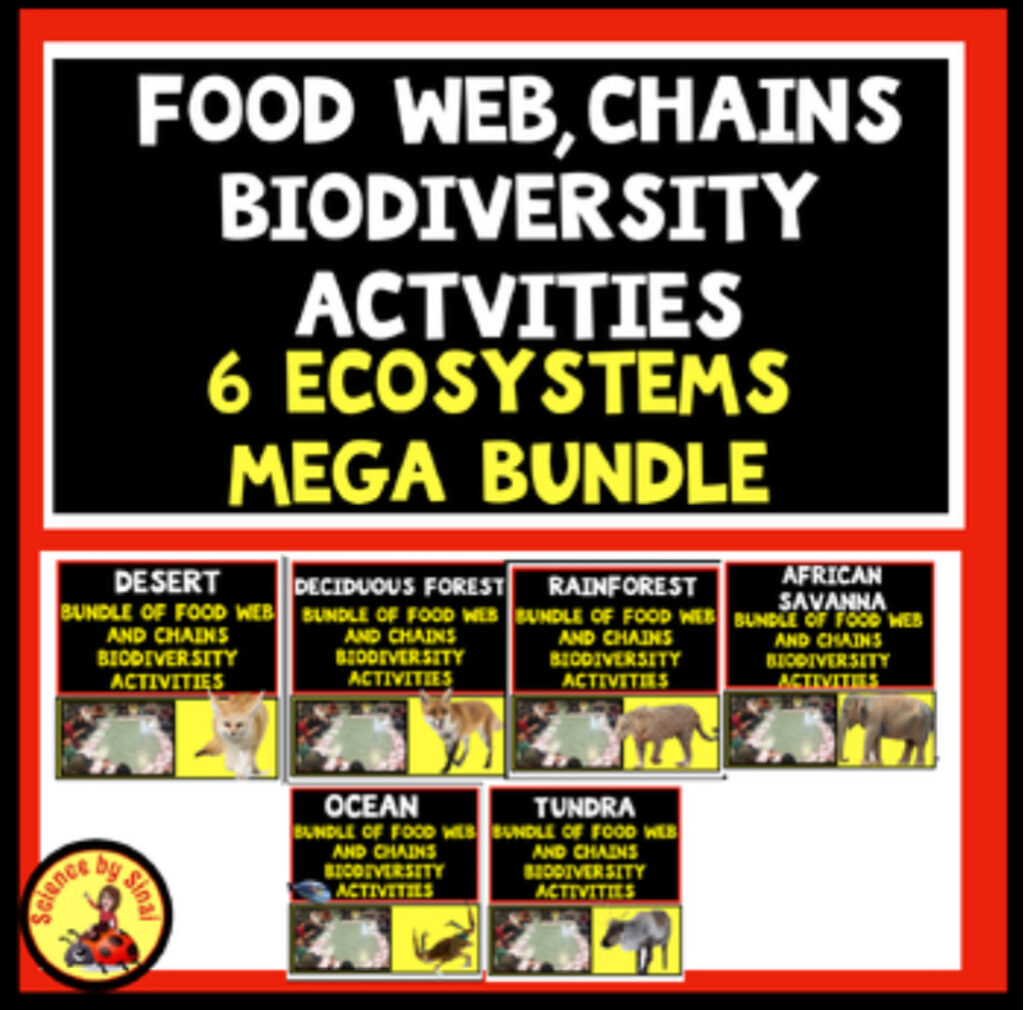
The Finished Student Food Web!
It goes without saying that you should take many photographs! I like to refer back to these photos throughout the year, as I talk about ecosystems.
Once the web is built, you can have great discussions. Ask the students holding prey animals to slowly lift their hands and watch how many other strings are affected by that! Be very careful to warn students not to pull the strings out of other students hands.
Try having the top predators raise their hand gently and watch how much of the web is affected. You can do the same with plants.
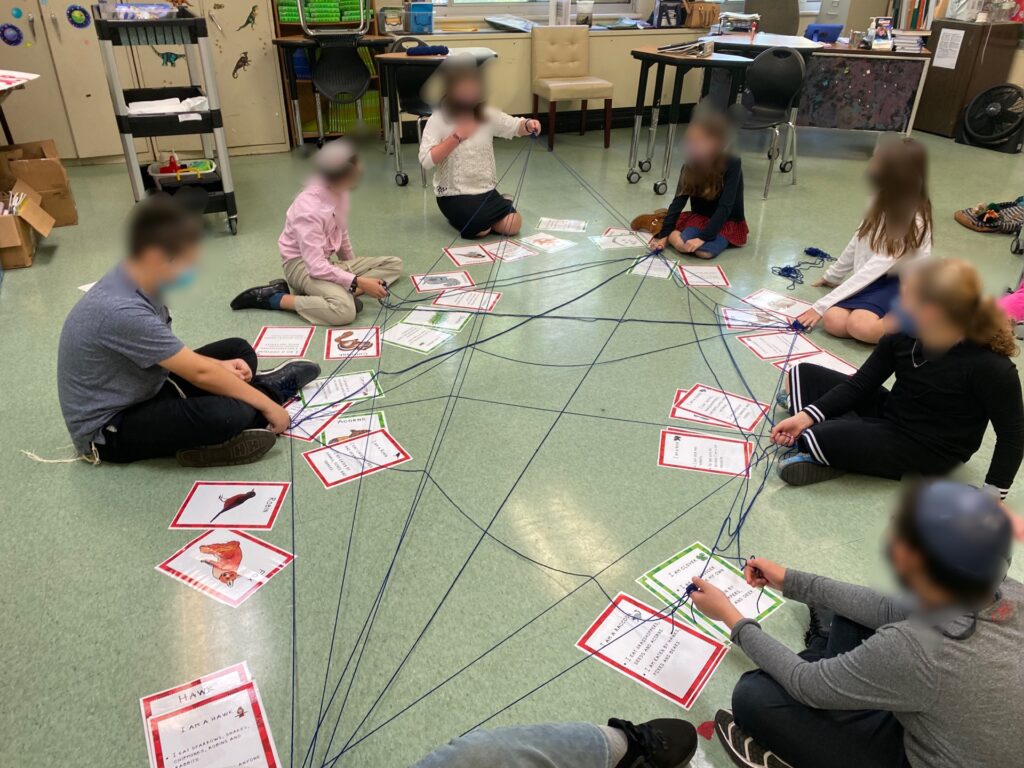
The Final Surprise
Remember that student that you held back to be a helper? Now is their shining moment. In each one of the ecosystems, I created a page that has a phrase or word on it, such as “pollution”. This is something that could affect the entire web. I give that page to this student and quietly whisper instructions. On your signal, they are going to shout what is on their page and RUN FULL SPEED through the web, destroying it! The squeals from the student will last for a while, but they love it!
Once again, a new discussion is born!
What kind of things can destroy the food web in the different ecosystems? Why was the entire web damaged? Would it be an easy task to repair the food web?
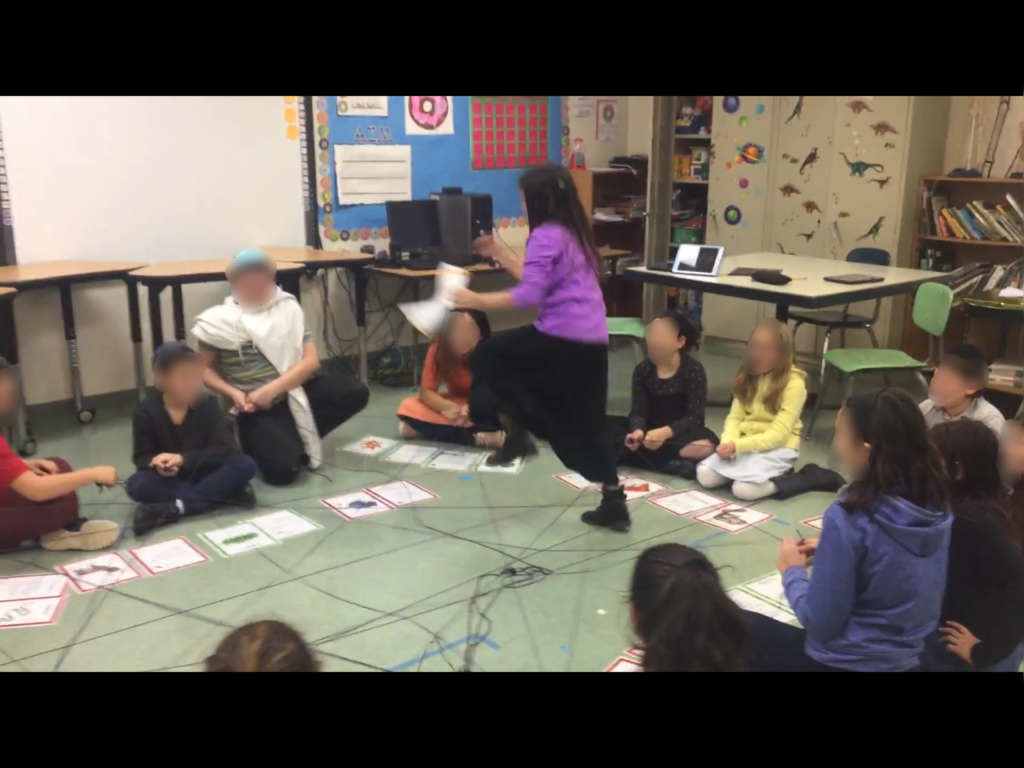
(included in my product)
A Follow Up Food Web Activity
After the excitement has died down, I give students the printed food web of the same ecosystem that they did with the yarn. They use either markers or colored pencils to connect animals and plants to each other. If you didn’t complete the written reflection questions from the yarn activity, then it is a good idea to do it while they have this printed web in front of them.
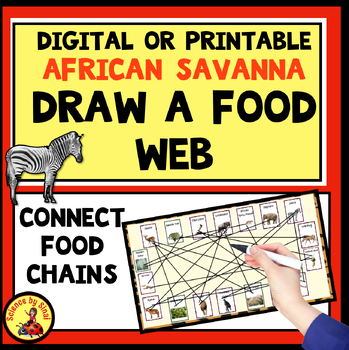
Create An Awesome Bulletin Board
Do you have students looking for extra credit? It can be fun to take the pages, that you used for the yarn game, and put them on a large bulletin board. Students can connect them with the yarn pieces that you have left over. This can be a focal point that you refer back to often as you go through your ecology
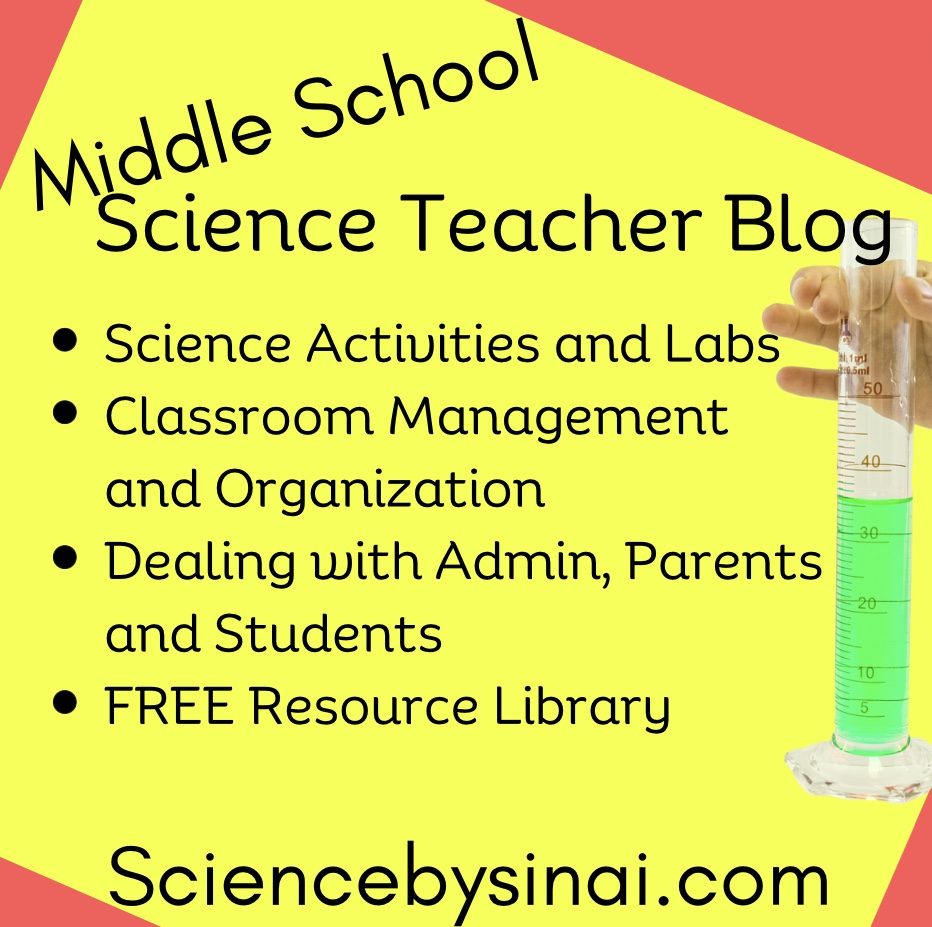
Conclusion
Teaching ecosystems and biodiversity, using the student food web, really nails the concept and the students always remember it! I’ve had kids come back years later to remind me how much fun they had. Please check out my blog post called How to Make Food Webs Interactive and Fun! with many other food web and food chain activities that I do to make this unit as interactive as possible. I also have pulled together my entire Ecology Unit into one bundle.
